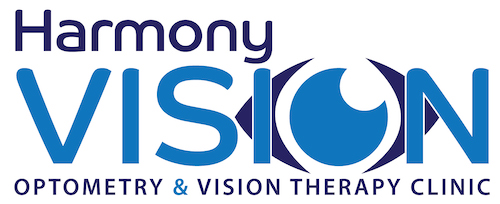Vision, Balance, Vertigo and Dizziness
I had the opportunity to head to Portland, Oregon USA recently to attend a meeting on the multidisciplinary care of patients with dizziness. It was a long way to travel in a short space of time, and so I was taking a gamble on the quality of the meeting. This has been an interest of mine for a long time for both personal and professional reasons as I have been involved in the visual rehabilitation of patients for many years. It turns out that the trip turned out to be a success, the meeting was excellent.
Multidisciplinary Approach – Working Together
We heard from audiometrists, physiotherapists and optometrists who work to together to help people suffering from dizziness and vertigo symptoms. Often they are working with people who have suffered some sort injury like whiplash or a brain injury that has left them with balance difficulties, vertigo and dizziness symptoms. For some people these symptoms can be quite debilitating resulting in a greatly reduced quality of life from injuries that can sometimes initially seem quite mild.
Fortunately there is a growing interest in rehabilitation. Due to the complex integration of information from the inner ear, body movement/posture and vision, there often needs to be a collaborative approach to assisting these patients.
What is the Role of the Optometrist, and How Does Vision Fit In?
There is a number of things to consider with regards to vision in vertigo and dizziness. Let’s start with what we know:
Binocular vision – Also known as eye teaming or co-ordination. It is commonly known that binocular vision is important for comfort with reading and doing other near tasks, and contributes to accurate depth perception for interacting with objects in the environment eg reaching for objects, good spatial judgement for walking.
What is less known is that good binocular vision is important for a stable posture and to reduce body sway. Height vertigo for example is the disorientation that we get at heights. The loss of nearby objects in our visual field reduces binocular vision input and increases instability. This is a normal occurrence, but similar symptoms can occur in more regular environments when someone has had an accident or trauma.
Convergence insufficiency is a common vision problem and is something we encounter in some people who have suffered whiplash. This is a binocular vision problem and when treated, there is often a reduction in the associated dizziness and motion sickness symptoms.
Improvements in binocular vision are also a goal when there is reduced input from posture and inner balance input, so that vision may help replace some of the lost function.
The optometrist can assist with glasses, vision therapy (orthoptics and eye exercises) and advice when there is a binocular vision problem.
Modifying Visual Input – there is a growing body of literature on additional ways to help reduce symptoms through prescription glasses beyond just correcting sight. The optometrist needs to determine each patient’s needs and responses. Every patient presents differently and so the prescription is guided by that patients individual circumstances. Prism may be one thing that is considered as part of a prescription in these circumstances. Sometimes tints are required when someone is light sensitive.
Eye Movements – efficient movement through the environment means being able to control body, head and eyes in co-ordination with each other. The optometrist can help diagnose different types of eye movement difficulties and provide advice on how this might impact on a person’s symptoms and mobility.
Detection and Referral – the conference covered some good pointers on how to work out where the patient’s vertigo symptoms might be coming from to assist with making an appropriate referral.
